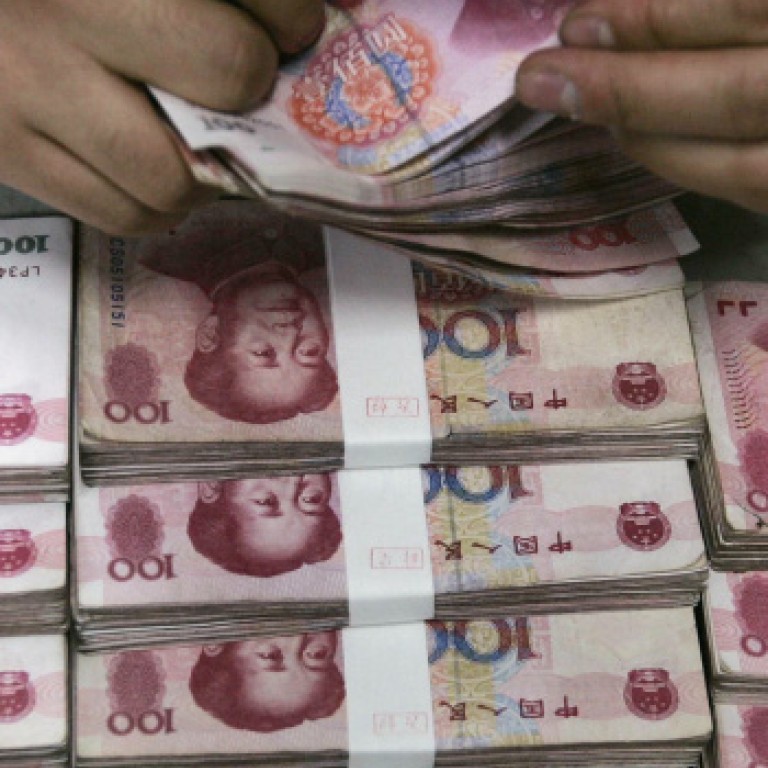
London challenges Hong Kong with BOC's yuan bond
Bank of China's London branch yesterday made a landmark bond issue, underscoring the city's potential as a hub of yuan fundraising for European debt issuers and posing a threat to Hong Kong.
Bank of China's London branch yesterday made a landmark bond issue, underscoring the city's potential as a hub of yuan fundraising for European debt issuers and posing a threat to Hong Kong.

The 2.5 billion yuan (HK$3.18 billion) bond issue by the largest Chinese bank by assets in Britain - the first by a European branch of a Chinese bank - represents Beijing's latest efforts to internationalise the yuan and reaffirms London's ambition to corner a larger share of this market.
Many market watchers believe London is shaping up to mount a serious challenge to Hong Kong's status as the top destination for Western bond issuers, especially those in Europe as these companies would prefer the British capital for its time-zone advantage, strong regulatory framework and global foreign exchange volumes.
"Asian issuers who have got used to the Hong Kong system would still prefer this city for yuan bond issuance. But for some Western issuers, if London is built up as a mature RMB [renminbi] centre, they may consider it instead, given the convenience of the time zone," said Crystal Zhao, a Hong Kong-based fixed-income analyst at HSBC.
It would be natural for European issuers to choose London
Europe has seen the second-biggest volume of yuan bond issues in the past three years, after North Asia. Nineteen European institutions issued a combined US$1.9 billion of yuan-denominated bonds last year, accounting for 13.3 per cent of the global total, according to Dealogic. That compares with 77.1 per cent issued in North Asia.
Offshore yuan debt issuance could rise by up to 60 per cent to 520 billion to 570 billion yuan this year, HSBC has estimated.
"Hong Kong's market share in the yuan debt business would drop a bit from the high levels seen so far, with more new centres catching up. It would be natural for European issuers to choose London, not just for its time-zone advantage but also for the high concentration of banks there," said Kevin Lau, senior economist at Standard Chartered.
London has performed impressively as an emerging yuan hub. It now accounts for around a fourth of the offshore spot foreign-exchange transactions.
Spot yuan foreign exchange volumes almost doubled in the first half of last year compared with the same period in 2012, hitting a daily value of US$4.8 billion, according to the City of London Corporation.
But some analysts believe it is too early in the day for London to steal deals from Hong Kong as the bulk of subscribers of yuan debts are still based in Asia.
The other two Chinese banks that have chosen London to issue yuan-denominated bonds were China Construction Bank in 2012 and Industrial and Commercial Bank of China last year. Most of ICBC's bonds in London - 70 per cent of the three-year notes and 65 per cent of the five-year notes - were sold to Asian subscribers, according to the bank.
"London has two challenges in developing its offshore RMB business. One is that the city doesn't have a local clearing bank, though talks on this have started. Also, it will take time to educate local investors. If you talk to EU investors about RMB products, you'll see that some are still not that familiar with this asset class," said Zhao.
Meanwhile, the London Stock Exchange will list the first RQFII (renminbi qualified foreign institutional investor) exchange-traded funds to be listed in Europe, CSOP Asset Management, one of the mainland's biggest fund houses, said yesterday.

